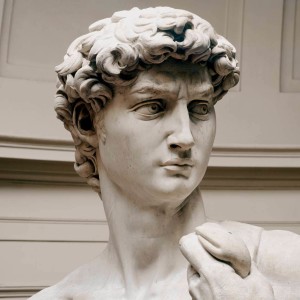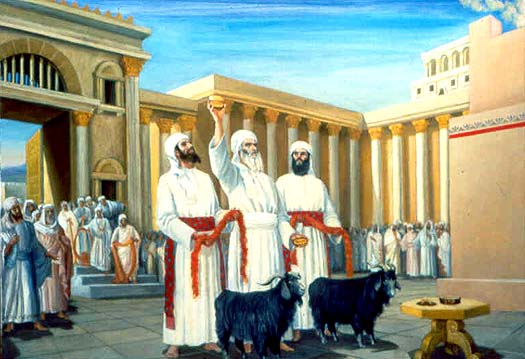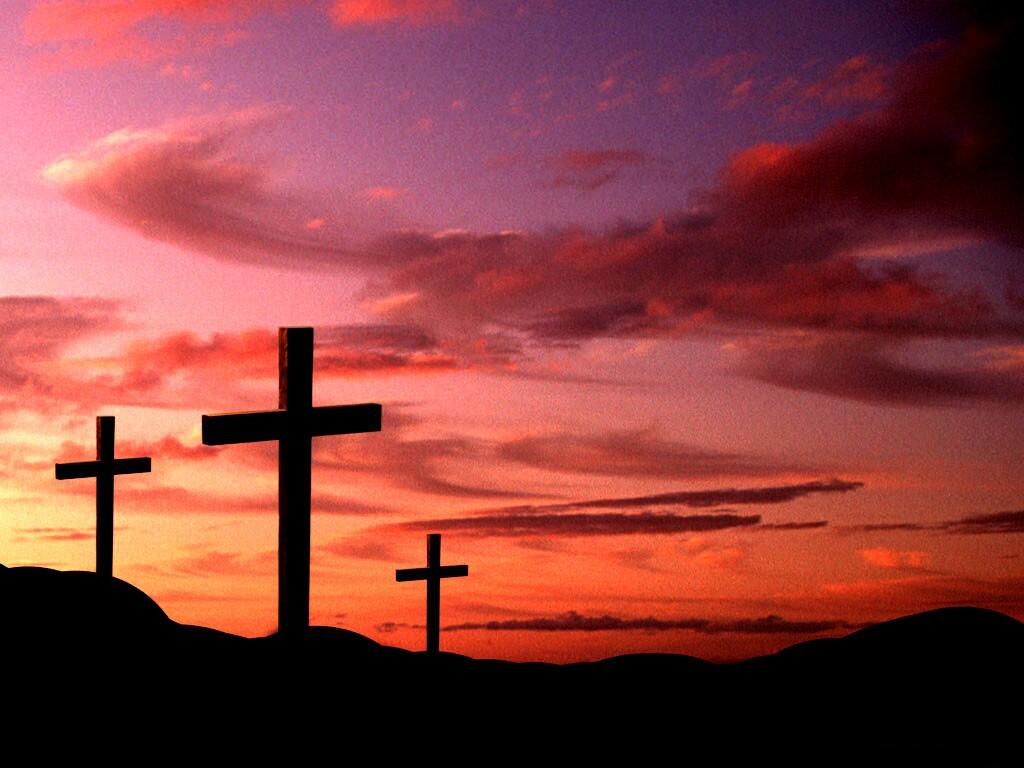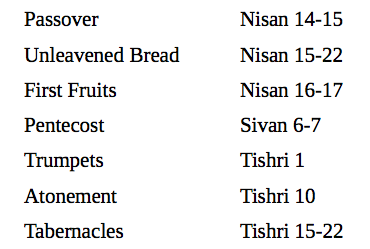By this the Holy Spirit indicates that the way into the sanctuary is not yet opened as long as the outer tent is still standing Heb. 9:8
The dispensationalists, with their carnal minded literal interpretation, see only the functional literal curtain that separated the Holy Place from the Holy of Holies. And at the present, they are all excited by the ultra-orthodox Jews in Israel weaving a new curtain.
However, they completely miss the typological meaning that was clearly intended from its very name in Hebrew. The veil, or parokhet in Hebrew, roots from the verb prkh for tearing, pulling apart, or separating. In its very name, there is the knowledge that it existed to be torn!
FYI: Tradition holds that the veil of Herod’s Temple was 60 feet long and 20 or 30 feet wide and the thickness of a man’s hand. (See Also: The Thickness of the Temple Veil)
The Instructions to make the Veil
Although the description here is of a truly magnificent weaving made by people traveling about a desert, the veil typologically represented the fleshly body of our Lord.
31 “And you shall make a veil of blue and purple and scarlet stuff and fine twined linen; in skilled work shall it be made, with cherubim; 32 and you shall hang it upon four pillars of acacia overlaid with gold, with hooks of gold, upon four bases of silver. 33 And you shall hang the veil from the clasps, and bring the ark of the testimony in thither within the veil; and the veil shall separate for you the holy place from the most holy. 34 You shall put the mercy seat upon the ark of the testimony in the most holy place. 35 And you shall set the table outside the veil, and the lampstand on the south side of the tabernacle opposite the table; and you shall put the table on the north side. Ex. 26:31-35
The Construction
35 And he made the veil of blue and purple and scarlet stuff and fine twined linen; with cherubim skillfully worked he made it. 36 And for it he made four pillars of acacia, and overlaid them with gold; their hooks were of gold, and he cast for them four bases of silver. 37 He also made a screen for the door of the tent, of blue and purple and scarlet stuff and fine twined linen, embroidered with needlework; 38 and its five pillars with their hooks. He overlaid their capitals, and their fillets were of gold, but their five bases were of bronze. Ex. 36:35-38
Linen
The veil was made of linen. Those who serve God are always represented as wearing linen. It represents righteous deeds.
7 Let us rejoice and exult and give him the glory, for the marriage of the Lamb has come, and his Bride has made herself ready; 8 it was granted her to be clothed with fine linen, bright and pure” — for the fine linen is the righteous deeds of the saints. Rev. 19:7-8
And the priest who is anointed and consecrated as priest in his father’s place shall make atonement, wearing the holy linen garments; Lev. 16:32
When they enter the gates of the inner court, they shall wear linen garments; they shall have nothing of wool on them, while they minister at the gates of the inner court, and within. Ezek. 44:17
And I said to the man clothed in linen, who was above the waters of the stream, “How long shall it be till the end of these wonders?” Dan. 12:6
I said to him, “Sir, you know.” And he said to me, “These are they who have come out of the great tribulation; they have washed their robes and made them white in the blood of the Lamb. Rev. 7:14
Blue
The order of the colors in the Tabernacle, Temple or Veil, by importance never change. There is a hierarchy of the blue, purple, and scarlet; the blue always ranking first. Another way to look at the order is the substitutionary death comes first, the authority to pardon, and then the ransom.
In the Hebrew, the blue that binds the curtains is tekelet. It is the same blue that is in the priests garments, and the binding thread of the tzitzi or tassels, and is used to connect or bind the curtains to the gold clasps, and the golden ephod. It is the blue that holds all the holy things together.
“Speak to the people of Israel, and bid them to make tassels on the corners of their garments throughout their generations, and to put upon the tassel of each corner a cord of blue;” Num. 15:38
FYI: It is the shade of blue that is on the flag of the modern state of Israel.
There is much written as to what the blue represents. Lots of speculation points to the sky and heaven. But, the best explanation I found was a few years ago reading an article by a medical doctor explaining all the things that happen to a body during crucifixion. The actual cause of death is asphyxiation. The lungs fill with fluid and the body has no way of coughing it out. In this way the body dies of asphyxiation always presents as blue. Like the binding blue thread the death of our Lord binds us together.
Purple
In ancient times, purple was one of the hardest and therefore the most expensive dyes to obtain. It came from a sea snails (Bolinus brandaris) that only lived in a few areas of the Mediterranean. The dye was prized for its non-fading properties. The more a garment was exposed to sunlight, the darker the purple became.
FYI: Lydia was a seller of purple goods. [Acts 16:14]
And the soldiers plaited a crown of thorns, and put it on his head, and arrayed him in a purple robe; John 19:2
It is by it very expense, the color favored by royalty; and as such, represents Messiah as King of Kings.
Scarlet
The Hebrew word for scarlet is tola’ah and its’ root comes from the word for worm, tola. It is actually a specific scale insect. In the English language it is the Crimson Worm (Latin, Coccus Ilicus), from which red dye is extracted.
The adult lays its eggs on the branch of tree, as a dying act, covering them with red dye to hide them from predators. The crushed Crimson Worm contains an anti-bacterial agent, and was used in the purification compounds of the Law, where there has been plague (Lev 14:52) and in the ashes of the red heifer (Lev 19:6). So, the literal tola represents the spiritual cleansing blood of Messiah.
. . . how much more shall the blood of Christ, who through the eternal Spirit offered himself without blemish to God, purify your conscience from dead works to serve the living God. Heb. 9:14
Cherubim
Cherubim are used extensively to decorate the tabernacle and even more so in Solomon’s temple. (See Also: Eagles and Eagles Wings) As a decoration on the veil, they are said to be made of cunning work. The Hebrew is cheshev, which roots from word “to think, devise or plan.” Much thought was to be given to these decorations.
Cherubim are very curious creatures. This is the only time they are mentioned in historical narrative. They are usually in poetry or symbolic literature. They are described as having four heads and six wings. Their heads are made up of a lion, an ox, a vulture, and a man.
The cherubim are described as God’s chariot or holding up God’s Throne. [Gen 3:24; 2Sam. 22:11; Psa. 18:10; Psa. 80:1; Psa. 99:1; Is. 37:16; Ezek 1; Ezek 10; Rev. 4:7 ff]
FYI: Cherubim is the plural of cherub.
As a decoration, they were to represent the body of the coming Redeemer. A shadow of the coming Redeemer who by type was not just a man, but Deity. For He too, is symbolically held up by the cherubim.
The Veil, or His Flesh, Conceals His Glory
In the Greek, we are told that his dwelling with us was as temporary as the tent, or tabernacle.
And the Word became flesh and dwelt (tabernacled) among us, full of grace and truth; we have beheld his glory, glory as of the only Son from the Father. John 1:14
This glory was the same as seen of old by Moses.
34 Then the cloud covered the tent of meeting, and the glory of the LORD filled the tabernacle. 35 And Moses was not able to enter the tent of meeting, because the cloud abode upon it, and the glory of the LORD filled the tabernacle. Ex. 40:34-35
The glory was hid from view by the veil. Just as our Lord’s true nature was hid in a fleshly body. He veiled that glory, taking the form of a man.
6 who, though he was in the form of God, did not count equality with God a thing to be grasped, 7 but emptied himself, taking the form of a servant, being born in the likeness of men. 8 And being found in human form he humbled himself and became obedient unto death, even death on a cross. Phil. 2:6-8
But we see Jesus, who for a little while was made lower than the angels, crowned with glory and honor because of the suffering of death, so that by the grace of God he might taste death for every one. Heb. 2:9
After the crucifixion, His friends were rushing to get Messiah’s body into the tomb. The veil having fulfilled its purpose, was torn. Because of the death of Messiah, all can now approach the real, or antitypical, Throne of God.
And behold, the curtain of the temple was torn in two, from top to bottom; and the earth shook, and the rocks were split; Matt. 27:51
And the curtain of the temple was torn in two, from top to bottom. Mark 15:38
. . . while the sun’s light failed; and the curtain of the temple was torn in two. Luke 23:45
The old Mosaic Age was passing away as the New Kingdom age was growing out of it. (See Also: Dispensations)
. . . by the new and living way which he opened for us through the curtain, that is, through his flesh, Heb. 10:20







